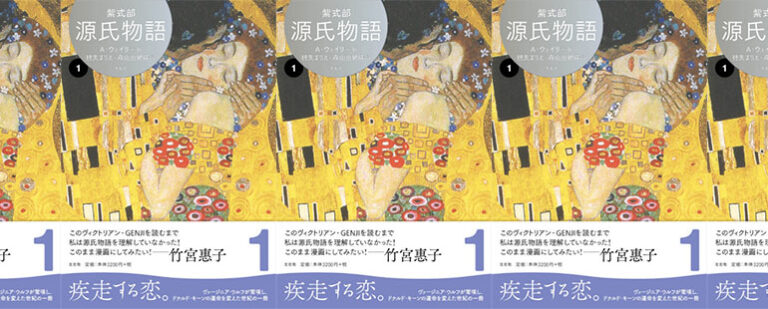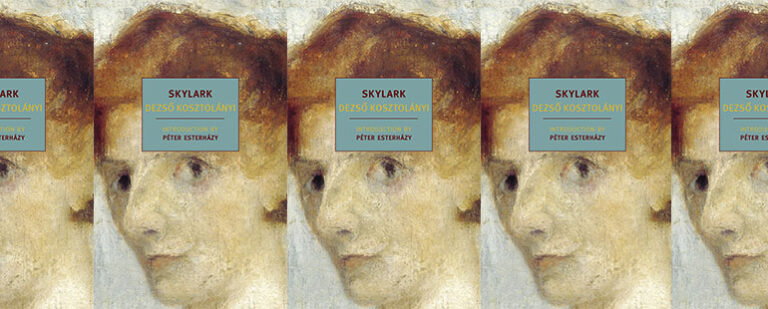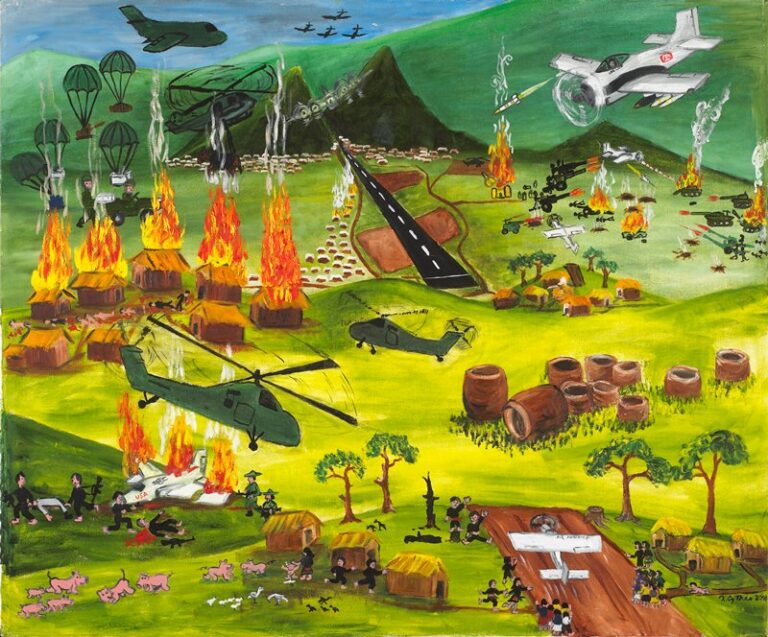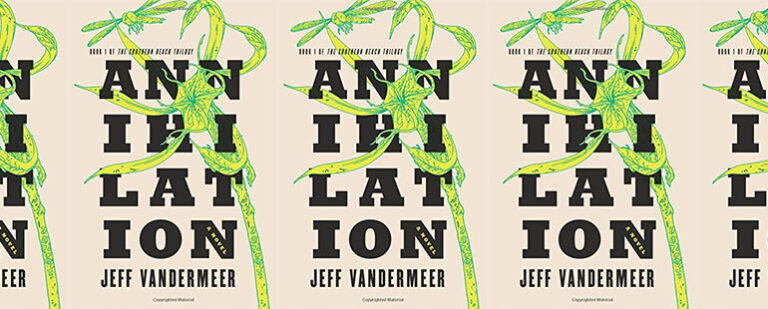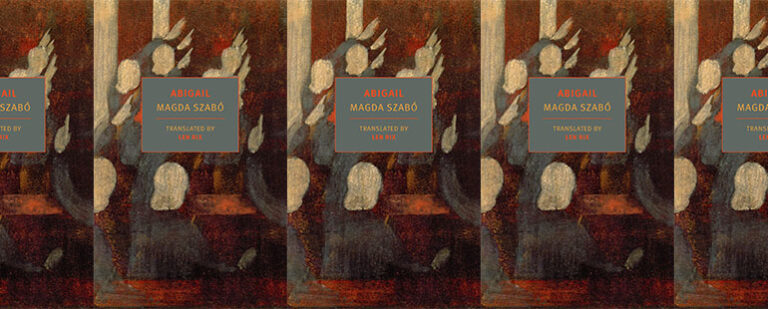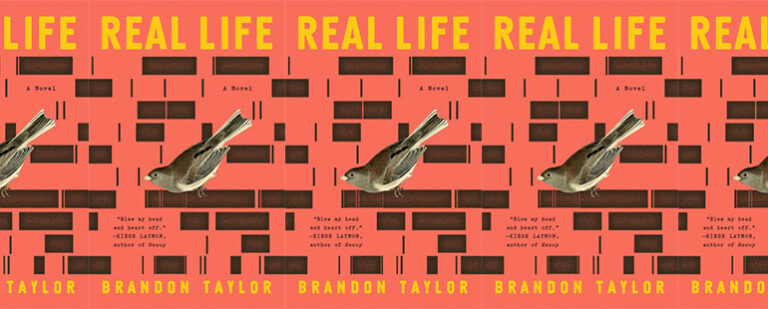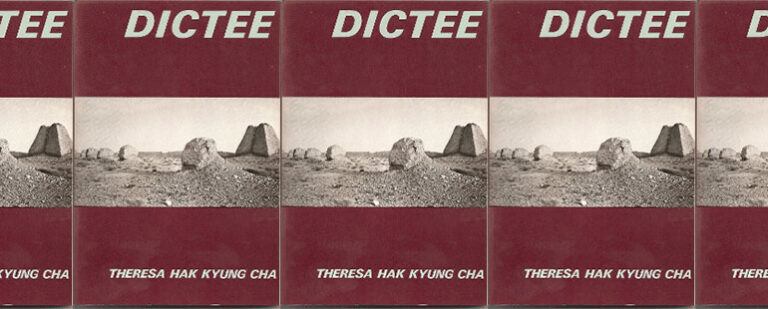The Tale of Genji, Suspended Between East and West
We in the English-speaking world are used to the idea that we apprehend Genji only dimly through translation, as if through a scrim, watching shadows. So why then have two Japanese sisters, both well-known poets, spent years retranslating an Edwardian English translation of the novel back into Japanese?
